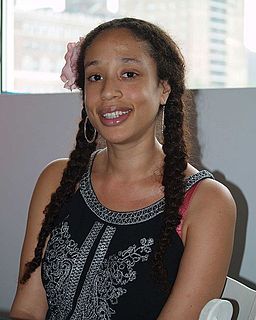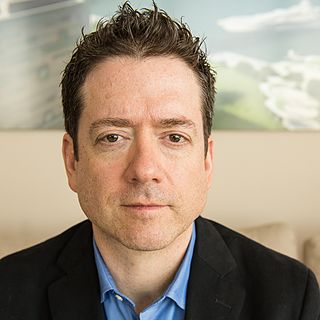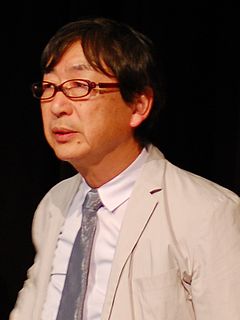A Quote by Alaya Dawn Johnson
The trajectory of a lot of black lives in the 20th century was people moving into cities. A lot of the issue with modern urban fantasy is that it's un-diverse, and that's crazy with what we know the history of cities here to be.
Related Quotes
By 2050, seven out of ten people will live in cities, which will account for six billion people living in urban areas. That phenomenon is central to all the challenges humanity faces. If there is an issue to be addressed, then it is certainly happening in cities and therefore must be considered on an urban scale.
I do a lot of urban fantasy, which is modern-day cities, but you've got magic, you've got fairies running around, or cryptozoological creatures running around, and I'm pulling very heavily on my background as a folklore major and having done some animation work and all of that, and I'm pulling from the modern fairy tale narrative.
Fifty percent of the world's population lives in cities. In a couple of decades, 70 percent of the world's population will be living in cities. Cities are where the problem is. Cities are where the solution is, where creativity exists to address the challenges and where they have most impact. This is why, in 2005, the C40 was founded, an organization of cities that address climate change. It started with 18 cities; now it's 91. Cities simply are the key to saving the planet.
I think our children will be living on floating cities, and they will look back on the 20th Century, when people lived in primitive governments founded in previous centuries, and they will be living on modular, sustainable, floating cities that we can't imagine now, that are based on the voluntary choice of citizens. I think we will have a marvellous world in the 21st Century.
What people want now, they want jobs. They want great jobs with good pay. And I'll tell you, we're spending a lot of money on the inner cities - we are fixing the inner cities - we are doing far more than anybody has done with respect to the inner cities. It is a priority for me, and it's very important.





































